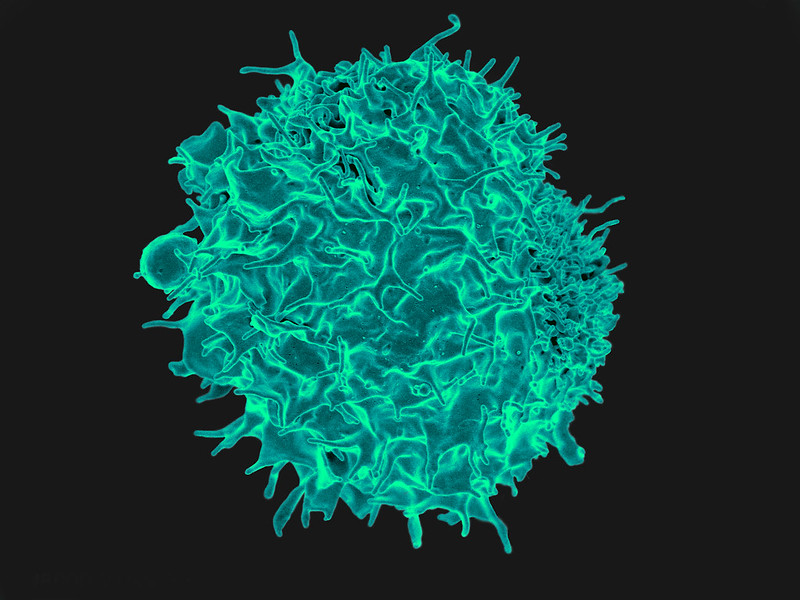
When an infection is prolonged and severe, T cell exhaustion comes into play to prevent to reign in the immune system and prevent damage to the body. A study published in Nature reveals that right from the beginning of mild illness, the body also produces these special T cells previously known only from chronic, severe infections and tumours.
There are different types of T cells in the body, all of which play a crucial role in the immune system. They fight pathogens and control the immune response. However, some subtypes become less effective or even cease their activity altogether as the disease progresses. This has a protective function: in persisting infections, it would harm the body if the immune system continued to fight the pathogens aggressively. But in cancer treatment, T cell exhaustion means that therapeutic measures may no longer be effective.
Until now, it was assumed that the body only produces such T cells in severe and persisting infections. The results of the researchers, from Helmholtz Munich and the Technical University of Munich, show that this is not the case. “We were able to show that the body prepares T cell subtypes that are predisposed to exhaustion even in early infection phases of moderate diseases,” says Dietmar Zehn, Professor of Animal Physiology and Immunology at TUM and last study author.
Different T Cells for Different Purposes
The team deduces from the discovery that the body assembles a range of different T cells early on at the onset of the disease to arm itself for different disease progressions. Depending on the course of the disease, it then has cells at its disposal to make the immune response more aggressive or more gentle — and in some circumstances, even to abort it.
“Our results expand the classic idea of the development of T cell exhaustion,” says Dietmar Zehn. “We therefore assume that our observations will help to further decipher the mechanisms behind T cell exhaustion.” A better understanding of these processes could help in the future to control the immune response in a targeted manner — for example, to strengthen the immune system in cancer patients or to weaken excessive defences, as is typical in severe cases of COVID-19, for instance.

